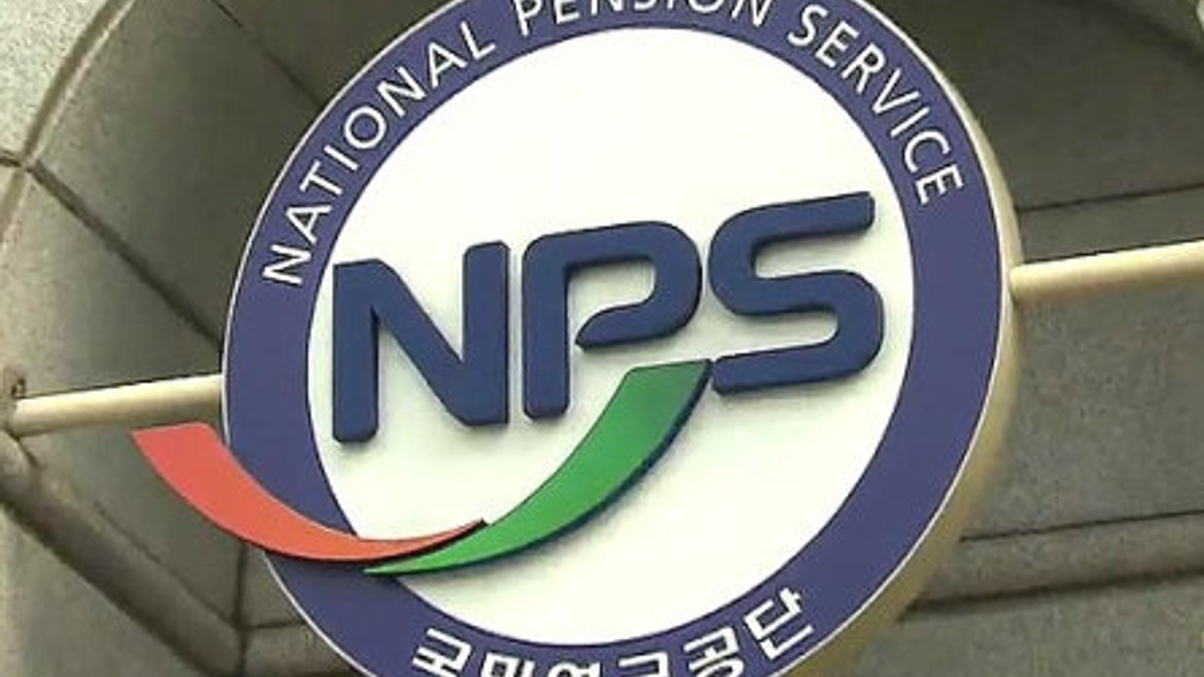Korea’s NPS eyes $200bn push into foreign stocks
The $435 billion state pension fund expects to double its AUM by end-2021, with a third of the total earmarked for overseas assets (mostly equities), up from a quarter currently.

In a major signal of intent, Korea’s huge National Pension Service (NPS) is putting its faith in overseas stocks to boost returns, at the expense of domestic bonds.
Sign in to read on!
Registered users get 2 free articles in 30 days.
Subscribers have full unlimited access to AsianInvestor
Not signed up? New users get 2 free articles per month, plus a 7-day unlimited free trial.
¬ Haymarket Media Limited. All rights reserved.


